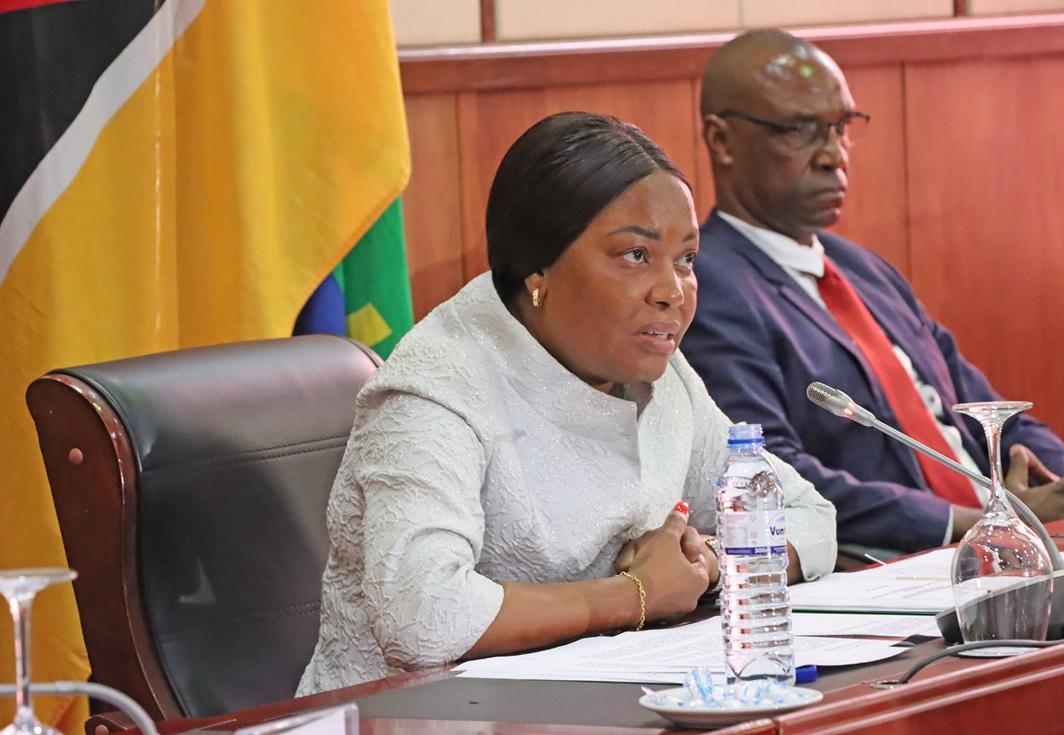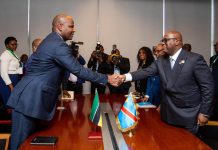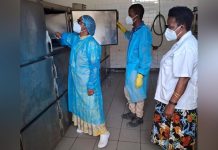Africa-Press – Mozambique. Mozambique called for the start-up of the Southern African Humanitarian and Emergency Operations Centre (COHE) on Monday, set up in the north, to lead discussions on climatic events, as five countries declared a state of emergency due to El Niño.
“We call on the SADC [Southern African Development Community] secretariat to speed up the implementation of the COHE, so that these issues that we are discussing here today are led by this institution that we ourselves created to fill the vacuum imposed on us by the increased frequency and intensity of climate events,” said the minister for the environment, Ivete Maibaze, at the extraordinary SADC summit on El Niño.
The minister, who was speaking at this virtual extraordinary summit of SADC heads of state and government on behalf of the Mozambican president, expressed concern about the five southern African countries that have declared a state of emergency due to the impacts of El Niño, noting that “more countries will certainly have to do so as the phenomenon worsens”.
The COHE was launched in June 2021, in the coastal city of Nacala, in Nampula, in northern Mozambique, to respond to the challenges of climate change and other associated emergencies, which “require rapid, coordinated and timely intervention in any SADC member state”.
During the summit, the Mozambican minister mentioned an orange alert issued by the country in February “to deal with the negative impacts of extreme events on communities and some vital infrastructure”, as well as early action and mitigation measures for the drought caused by El Niño in some provinces.
Ivete Maibaze also advocated the exchange of experiences between member countries in the areas of disaster risk management and reduction and early action plans, with a view to minimising the impact of bad weather in the region.
“I would like to reaffirm our country’s commitment to continue materialising actions to better address the challenges arising from the El Niño phenomenon, within the framework of the joint efforts of the SADC countries,” concluded Mozambique’s minister for the environment.
At the end of September, Mozambique’s President Filipe Nyusi called for the public and organisations to be prepared for the foreseeable effects of the El Niño phenomenon on the country in the coming months, with predictions of above-normal rainfall and outbreaks of drought.
El Niño is a change in atmospheric dynamics caused by an increase in the temperature of the Pacific Ocean. This meteorological phenomenon is also causing torrential rains in East Africa, which have already caused hundreds of deaths in Kenya, Burundi, Tanzania, Somalia and Ethiopia.
For More News And Analysis About Mozambique Follow Africa-Press






